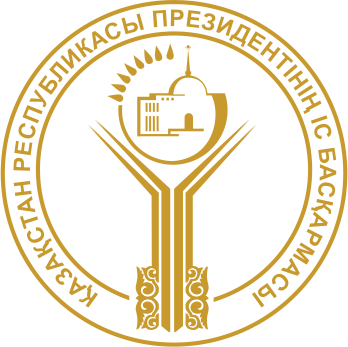
NEW CORONAVIRUS
Many people wonder: the new Coronavirus – what is it? Coronaviruses are a large family of viruses that are common both in animals and humans. The 2019 Coronavirus (2019-nCoV) is the virus that causes the outbreak of the respiratory disease, and it was first discovered in Wuhan, China.
According to some reports, in the early stages of virus spreading, some people connected to the outbreak in Wuhan, China, visited a large seafood and animal market, which suggests that the virus spreads from person to person. The Ministry of Health and the World Health Organization are working to prevent occurrence and spread of this virus in the Republic of Kazakhstan.
Symptoms and signs of the disease:
- fever;
- vomiting;
- diarrhea;
- cough;
- pneumonia;
- dyspnea.
In case of progression, the patient may develop very serious complications that can lead to death:
- pulmonary failure,
- renal failure.
How does Coronavirus get transmitted from person to person?
2019-nCoV is thought to be transmitted the same way as previous Coronaviruses and influenza:
- through a direct contact with a sick person;
- during sneezing or coughing;
- through a contact with personal items and food utensils of a sick person.
Is there a treatment for 2019-nCoV?
To date, there is no specific treatment. In the countries where Coronavirus cases have been reported, only symptomatic treatment is provided. The vaccine has not yet been found.
How can you protect yourself from new Coronavirus 2019-NCOV?
- Avoid contact with sick people and their personal things as much as possible. If close contact is inevitable, wear a mask.
- Maintain proper hand hygiene. Wash your hands frequently with soap and water and use hand sanitizers (antiseptics), especially after coughing, sneezing, or using a bathroom, before handling or preparing food, and after contact with sick people or their personal belongings.
- During coughing or sneezing, use paper napkins to cover your mouth and nose, and then dispose of them and wash your hands thoroughly. If you don’t have napkins, avoid touching or using the palm of your hand: use your elbow to cover your nose and mouth while sneezing.
- Wear a mask in crowded places.
- Stick to good personal hygiene habits in general.
- Avoid touching your eyes, nose, and face as much as possible.
- Wash vegetables and fruits thoroughly before eating them.
- A balanced diet, physical education, and a full eight-hour sleep will help you to keep your body’s immune system strong.





